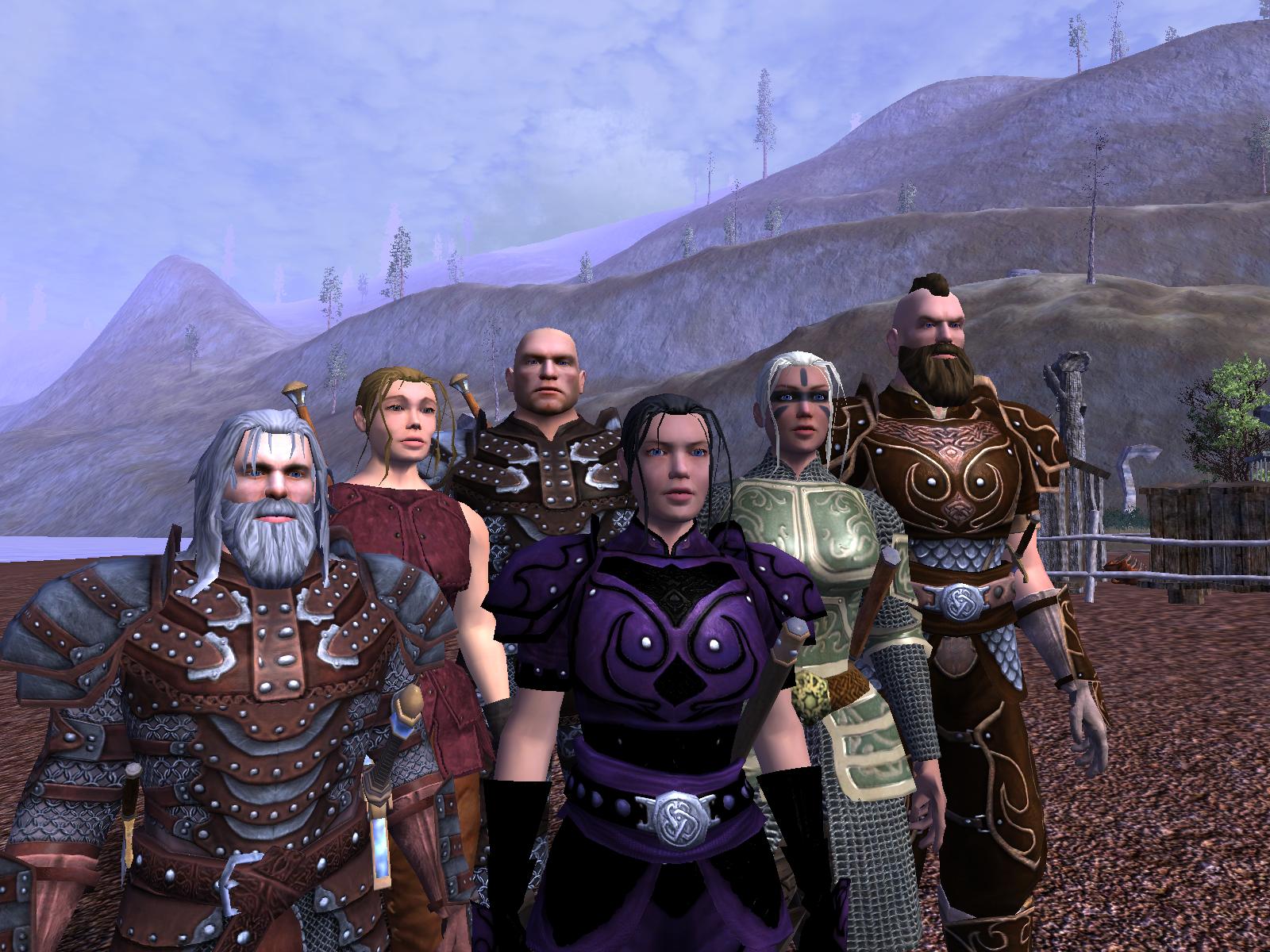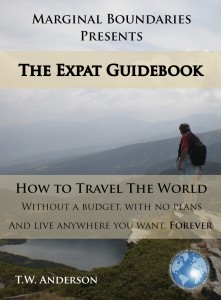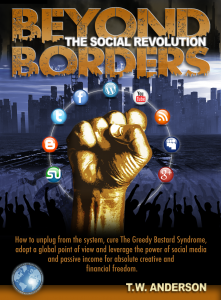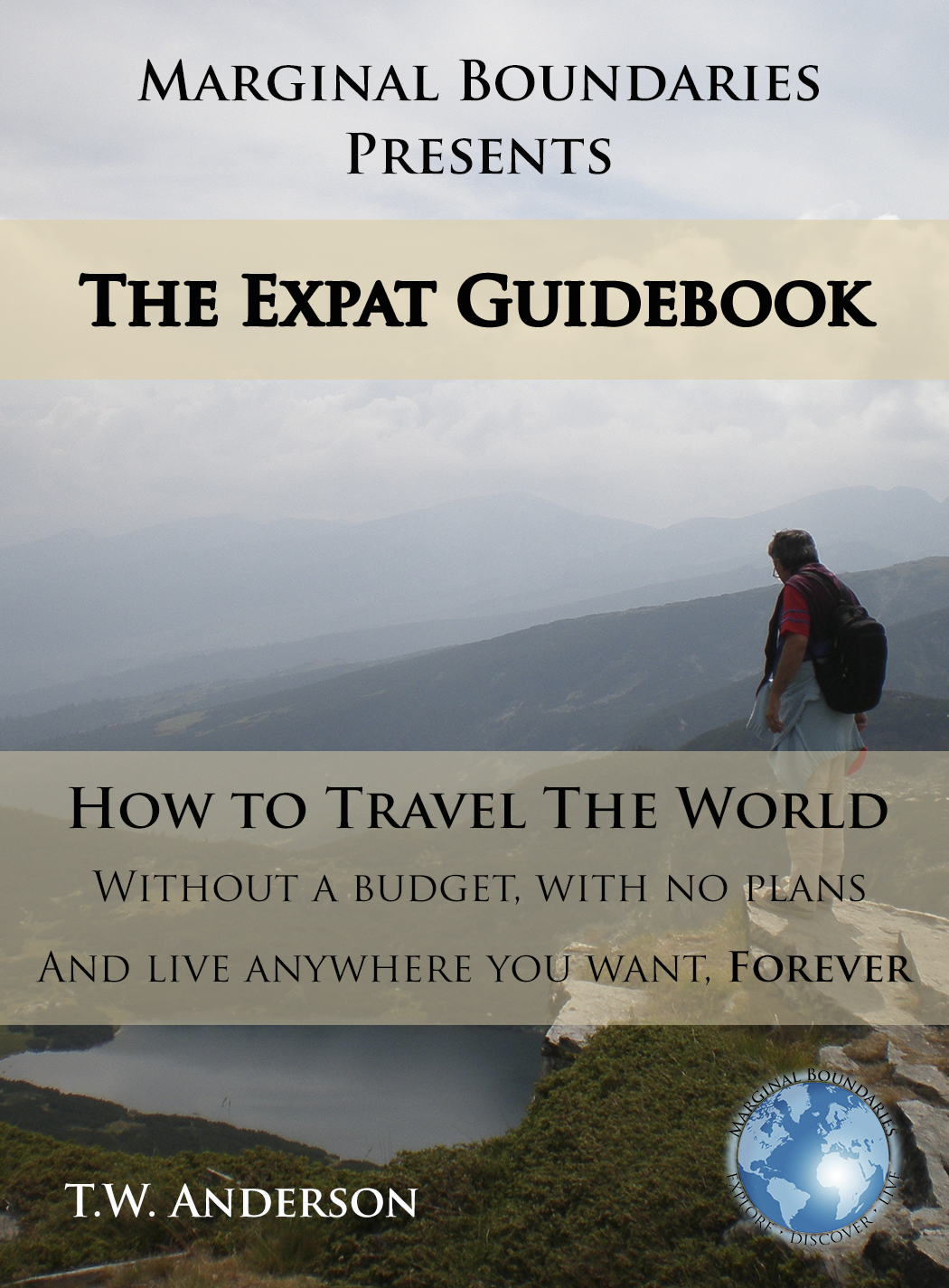
I’m a firm believer that gaming leads to life skills. You’ve seen it in the other Secret Life of an Expat Gamer entries. Just as I was running 15 to 25 man crews for the construction business back in the day, I was also running teams of 30 to 40 players through raids and dungeons for six years, leading the guild to two different top 10 lists in my time as a hardcore gamer (EQ2, Vanguard: Saga of Heroes). Management. Team-building. Teamwork. Leadership. For more information, don’t forget to read the other entries in the series!
To the non-gamer, it might not be readily evident what is meant as “social” when it comes to video games. While it’s fewer and farther between these days, I still manage to somehow know several individuals in my own walk of life who are part of the non-gamer group who view video games as a waste of time and/or somehow bad for you. For the most part, almost everyone is familiar with games these days and almost every household has some type of console or at least a computer. If not that, a smart phone. And while free-to-play games on Facebook and other platforms have brought the aspect of video gaming to an even wider audience, the social platform hasn’t gone anywhere. In fact, it’s only grown in importance.
Obviously single player games don’t fall into this category, but massively multiplayer online games (MMOGs) do. There is a social dynamic in these environments that very much operates like the real world. Because you are playing at the same time with other, real people, and most of the MMOGs focus on content that caters to both the single player as well as the multiplayer, eventually there comes a point where you must cultivate friendships and work in a group dynamic to achieve in-game goals. And while the non-gamer might scoff at the thought of having “fake” goals inside of a video game, they serve a very unique purpose.
Part of what makes the online experience so alluring is the fact that you can take on another persona. Addictive for some personalities, but just plain fun for the vast majority of gamers, it’s the chance to shed your “real life” skin and step away from the daily grind to immerse yourself in something purely done for your enjoyment. It’s downtime. Entertainment. No different than reading a book, going to see a movie in the theater, heading to the opera, the ballet, fishing while the sun comes up (or goes down), playing chess or any other myriad things that human beings do for entertainment. And with that additional persona comes very lifelike characteristics.
Which means that when you are playing these online multiplayer games where you have a character inside of a virtual world somewhere (a world that might be science fiction, fantasy, historical, etc.) who has his or her own life. And when you come up against goals in the game where you have to work together, social structure is formed. This takes place in the form of “guilds” or “warpacks” or any other number of names, but which are really nothing more than groups of players working together towards a common goal. These groups usually have a leader and a group of players spread out beneath the leader who are officers and then the regular membership. You might also see a more “Roman Republic” style as well, such as a council of ruling members who are voted in place by their peers. Other groups rotate their members on a regular basis to ensure everyone has a chance at being in the driver’s chair.
But in all these group scenarios there is a dynamic that takes place. Friendships are forged. Relationships are made. And not just in-game friendships or relationships. Real, actual, relationships where people will become friends or more with individuals from other countries who start out gaming together and then end up finding out through social interaction via the game that they have a lot in common…move in together and go from there. And many long-term gamer group exist who regularly meet up for beers and steaks or camping trips. People are working together towards a common goal, which means they are usually the same/similar type of people, so it’s easy to make friends.
And regardless of which type of guild you join, you have to deal with managerial aspects at the upper tiers. Running a guild is like running a company. You have to have a clear direction, a group of people working together, a PR department to bring in new recruits, an HR department to head off any issues between the regular members and the guild officers who are busy trying to keep the big wheel turning in terms of scheduling group events in the game and coordinating everyone’s efforts according to the directive of the people in charge. It’s a corporate setting. You have a clear ruling elite (management) with a workforce of regular people (normal members) beneath them who are content to be part of the overall group without being leaders. The only difference is that people aren’t receiving actual salaries in these games.
The working relationships, however, are real. You learn how to manage time, you learn how to work well with others, you learn how to function as part of a team, you deal with social dynamics, scheduling, campaigning, scratching-their-back-so-they-will-scratch-your-back and just about every other thing you would ever come across in the working environment in the real world.
As a traveler this works to your advantage, because you might often find yourself forging online friendships that are carried out in your journey. I have gamer friends in Canada, Germany, Italy, the Netherlands, Finland, Bulgaria, Mexico, the United States and the United Kingdom, and with the exception of the people in the colder northern sections of Europe, I’ve actually met most of them in real life at one point or another, even if it’s only for a weekend in a town near where one of us lives and we meet up for beers and pizza.
It’s also a great way to stay in touch even if you happen to be on the road away from your loved ones because you can be doing something together as a group so that the social dynamic never goes away. Just as a family would go out to a movie together to spend two hours performing a group activity together to bond and strengthen family ties, they can do the same thing in a game. It doesn’t matter if it’s slaying dragons, taking down an enemy ship, figuring out a puzzle together, finish saving the princess, rescue the elves, shooting aliens, building items and forging weapons. What matters is that these activities are being enjoyed and participated in as a group, together. Which makes gaming just as social as any other activity.
I find gaming one of the easiest ways to stay in touch with friends and family, because it’s something we can do together as a group even if I’m sitting in an apartment somewhere in the middle of Brazil, Australia, Italy or any other country. It’s something you can take with you, and it’s something that doesn’t restrict you in terms of locality.
Don’t forget to sign up for our free newsletter for several-times-a-week, your-eyes-only travel and entrepreneur tips, plus receive a complimentary copy of our 85-page starter book on location independence and living abroad, 30 Ways in 30 Days.








Cheers, @ Jon
Many thanks for an ideal piece of gaming info.